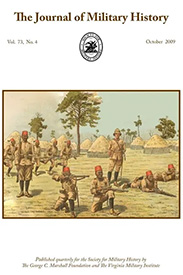A political trial, according to Steven E. Barkan, is a trial revolving around highly publicized legal controversies. In some cases, such a trial may determine fundamental political questions, exceeding the legal realm, which are in debate inside a given polity. The 1957–58 trial related to the 1956 massacre in Kafr Qasim, Israel certainly belongs to this category. The trial established the doctrine of a “manifestly unlawful order” in Israeli military law, contributed considerably to the reshaping of civil–military relations, and influenced the civic status of the Arab minority in Israel. In this article, using hitherto underexamined primary sources, I argue that the most important contribution of the trial, the doctrine of a “manifestly unlawful order,” was not only a creation of the bench but also a result of a complicated interaction between the actors present in the courtroom: the defendants, their defense lawyers, the prosecutors, and the judges. Above all, the article shows how the bitter struggle between the two main attorneys helped shape the doctrine of a “manifestly unlawful order,” that is, an order that is illegal for a soldier to obey.


